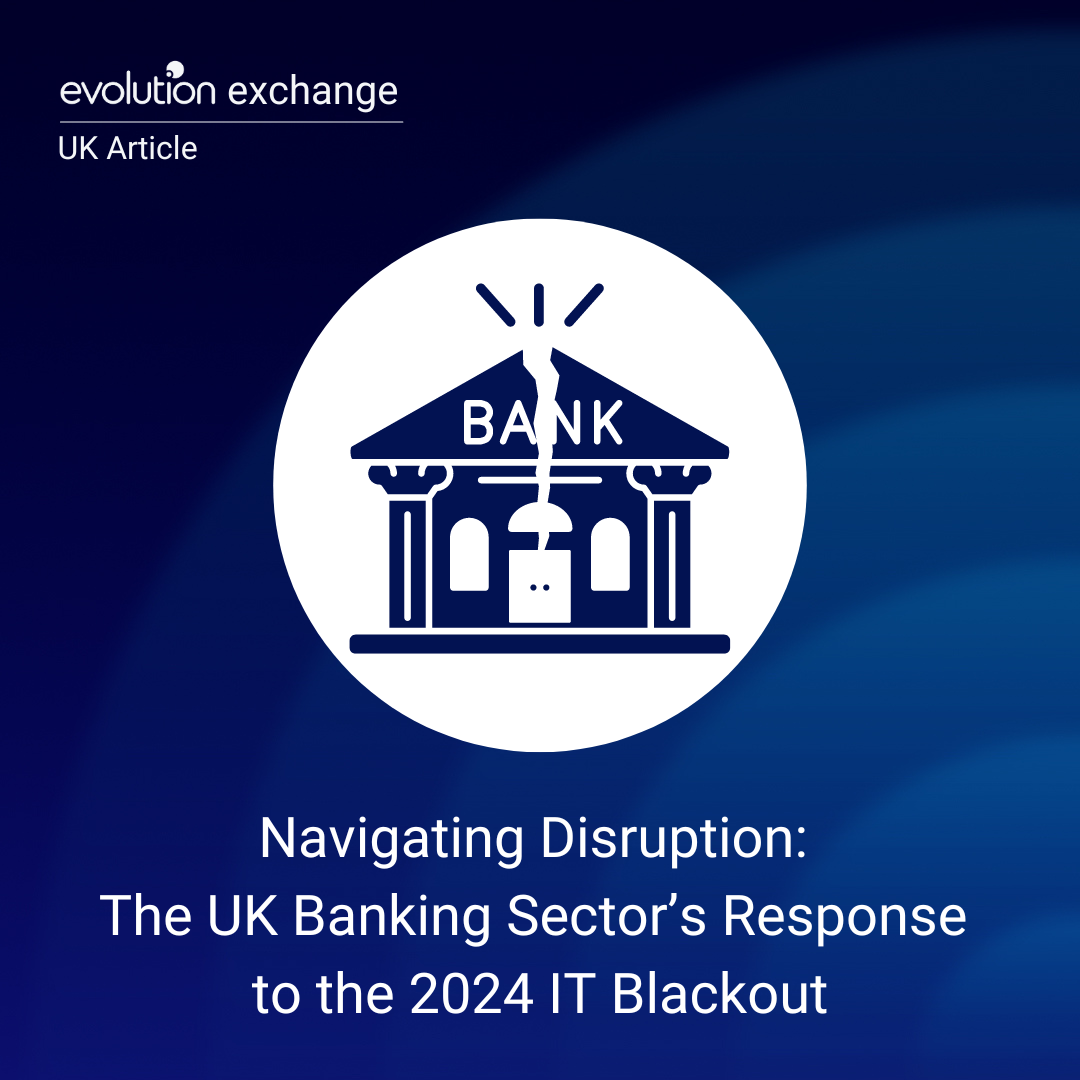The recent IT blackout in July 2024 posed significant challenges for the financial services sector in the UK. The incident highlighted several critical areas of concern and underscored the need for improved strategies and infrastructure within the industry. Here are the main challenges that emerged:
Technological Vulnerabilities
-
The IT blackout revealed serious vulnerabilities in the technological infrastructure of major banks. The dependence on third-party payment processors and legacy systems proved to be a critical weakness. The disruption was primarily caused by issues with a third-party processor shared by multiple banks, affecting scheduled transactions and overall banking operations. (ITV)
Customer Impact and Trust
-
The blackout occurred on a payday, significantly affecting thousands of customers who were unable to access their funds or complete transactions. This not only caused financial inconvenience but also eroded customer trust. Customers faced issues with direct debits, standing orders, and viewing recent transactions, leading to potential late fees and missed payments. (ITV)
Operational Disruptions
-
Banks like HSBC, Barclays, Nationwide, and Virgin Money experienced severe operational disruptions. HSBC, for instance, had two separate issues affecting personal online and mobile banking. While they managed to resolve login issues, payment processing remained problematic. (ITV)
-
Virgin Money also faced delays due to a backlog of payments, although access to its mobile banking app was restored. (ITV)
Regulatory and Compliance Pressures
-
The blackout intensified scrutiny from regulators and highlighted the need for stricter compliance with operational resilience frameworks. Banks are under pressure to ensure their IT systems can withstand and quickly recover from such disruptions to protect consumers and maintain financial stability. (Deloitte United States) (Accenture | Let there be change)
Cybersecurity Threats
-
Although the blackout was primarily due to a processing failure, it raised concerns about cybersecurity and the potential for cyber attacks during such vulnerable periods. The sector needs to enhance its defenses against cyber threats that could exploit similar weaknesses. (Accenture | Let there be change)
Response and Recovery
-
The incident underscored the importance of having robust disaster recovery and business continuity plans. Banks had to work swiftly to restore services and clear transaction backlogs, demonstrating the need for more effective and efficient recovery strategies. (ITV)
Communication and Transparency
-
During the blackout, clear and transparent communication with customers was crucial. Banks needed to provide timely updates and guidance to help customers navigate the disruptions. The event emphasized the importance of maintaining open lines of communication during crises to manage customer expectations and mitigate frustration. (Deloitte United States)
In summary, the 2024 IT blackout in the UK banking sector highlighted critical areas for improvement in technology infrastructure, customer service, regulatory compliance, cybersecurity, and crisis management. Addressing these challenges will be essential for financial institutions to enhance their resilience and maintain trust in an increasingly digital and interconnected world.





























